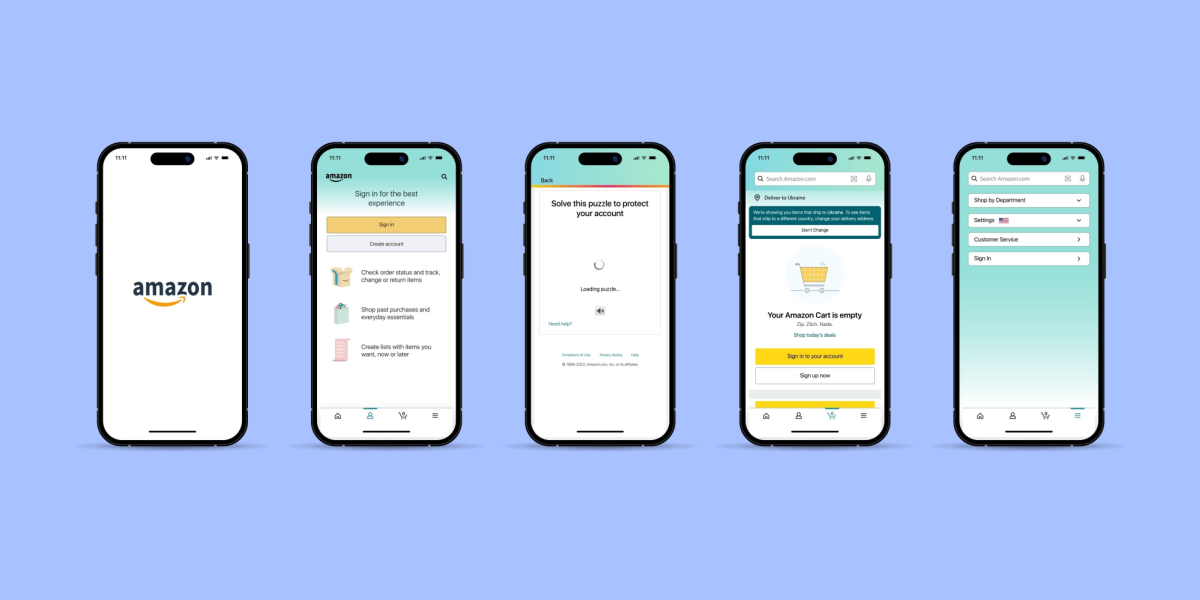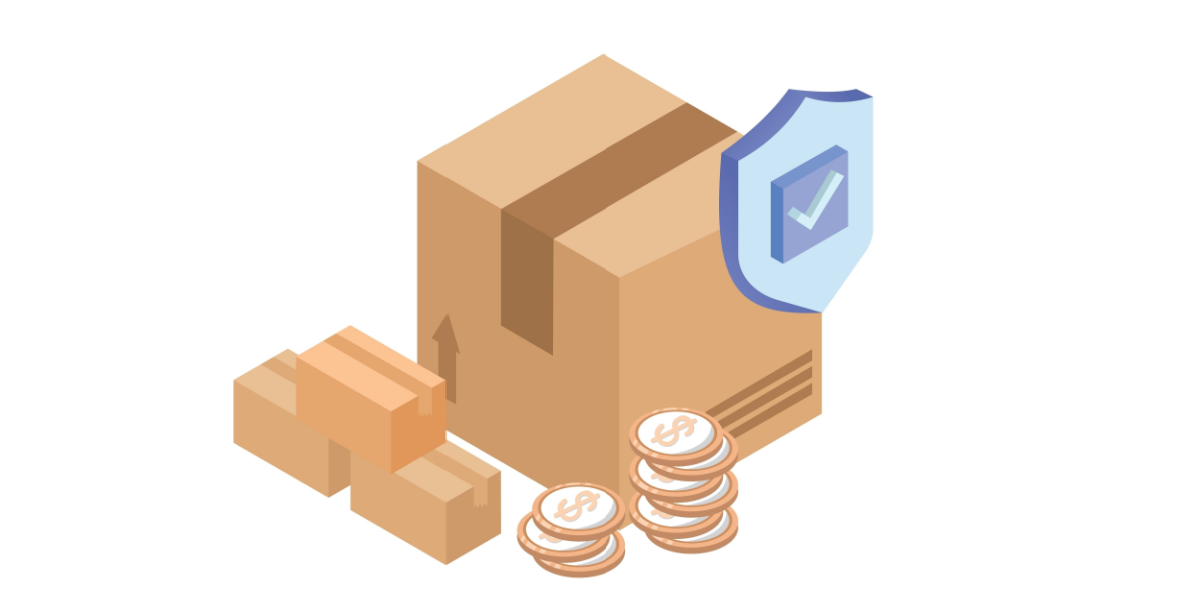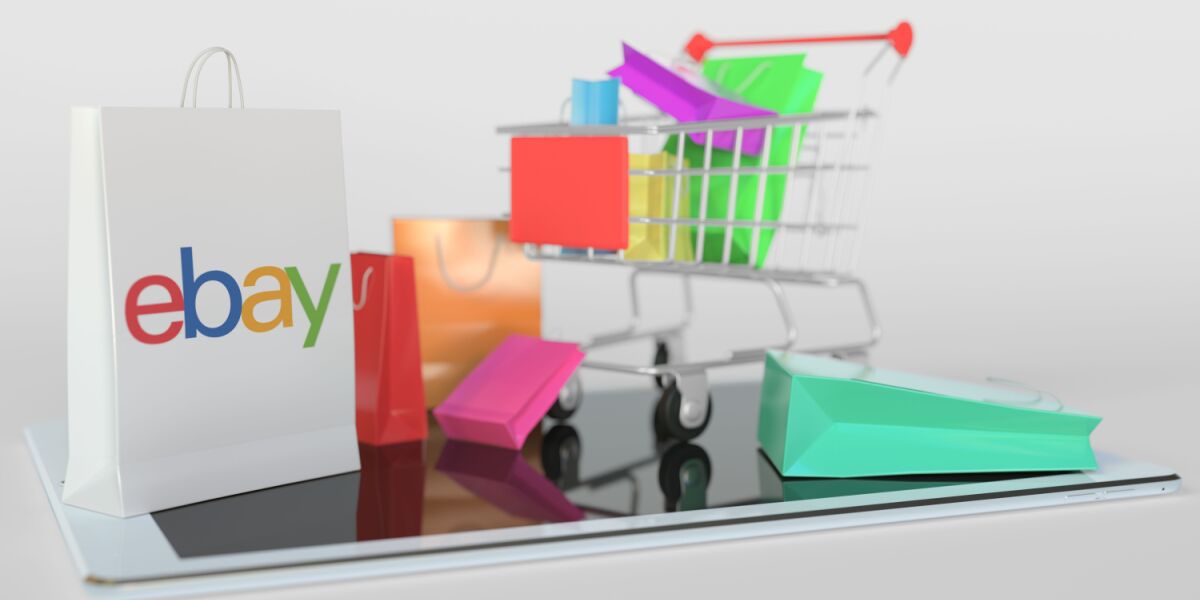Before launching your online store, there’s one foundational decision that can shape your entire e-commerce journey: choosing the right platform.
But to make an informed choice, you first need to understand what ecommerce platforms are, how they function, and why they matter.
In this guide, I will walk you through the core features and benefits that separate the best ecommerce platforms from the rest, especially for small business owners navigating limited resources, high expectations, and big ambitions.
With global ecommerce sales expected to total $4.8 trillion in 2025, the opportunity is massive. But so is the competition. If you want your business to claim its share of the digital marketplace, selecting a platform that aligns with your goals, your audience, and your capabilities is absolutely essential.
Short on Time? Here Are the Key Takeaways
-
Ecommerce platforms are essential tools that allow businesses to sell products or services online, handling everything from product listings to secure payments.
-
The right platform should align with your business size, goals, technical skill level, and design preferences.
-
Must-have features include mobile responsiveness, intuitive user interfaces (for both you and your customers), strong analytics, broad payment options, and reliable customer support.
-
Not all platforms are equal—some are best for beginners (like Wix and Squarespace), while others suit experienced users seeking flexibility and scale (like WooCommerce and Shift4Shop).
-
If you’re looking for a balanced solution for growth, Shopify offers a strong mix of usability and customization.
-
Big Cartel is ideal for artists with a limited product line, offering a low-cost way to test the ecommerce waters.
-
Do your homework: consult peers, mentors, and compare features before committing. The right platform should not only meet your needs—it should help your business grow.
What Is an Ecommerce Platform?
We all know that commerce is the exchange of goods or services between 2 or more parties. When these actions take place online, however, they earn the same “e” distinguisher that you also see with internet-based things such as “ebooks,” “ecards,” and “emails.”
Just as you can’t send and receive emails without an email service provider, it’s difficult to safely exchange payment for goods or services without an ecommerce platform. And the best ecommerce platforms connect the buyer and the seller in a way that allows for a smooth and predictable transaction.
While the structure and processes of ecommerce platforms vary, they typically need to allow customers to peruse options, learn more about specific products or services, and then make a purchase. Any roadblocks to these objectives will also serve as roadblocks to your business’s ability to succeed.
Global ecommerce sales exceed $26 trillion a year. You simply can’t afford to miss out on this critical (and growing) segment of business, which makes your ability to choose the right ecommerce platform and integrate it with your business a top priority.
Due Diligence Is Essential to Choosing Your Ideal Ecommerce Platform
If there were a magic bullet ecommerce platform that worked perfectly for all businesses, there would be no need for this guide. But you aren’t cut from the same cloth as everyone else, and your business is just as unique as you are. So you will never settle for universal solutions. Instead, you’re on the hunt for exceptional solutions tailored to your industry, structure, and style.
By taking time up front to identify your business priorities and needs, you’ll be in a better position to select a winner. Anything short of this usually leads to either a meandering search or buyer’s remorse.
What Should I Look For in an Ecommerce Platform?
- Is it mobile-friendly? Smartphones no longer play second fiddle to desktops and tablets. Most of your site visits will likely come from a mobile device, so you’d better make sure your ecommerce platform is optimized for those shoppers.
- Does it provide analytics? The only way to convert more sales and build your customer base is to understand the individuals who buy from you. Getting relevant data is crucial to developing loyalty by providing them the best experience.
- Is it intuitive for you? You should be able to figure out the platform’s interface and begin setting up your shop within 48 hours. If it takes longer, you need to find a simpler solution.
- Is it intuitive for shoppers? The best platforms also offer a streamlined process for customers. There should be no guessing required to get from a product page to the final purchase page.
- Does it accept a wide range of payments? Gone are the days when you can simply assume that your online customers will all want to pay with a major credit card. There are diverse payment options available, and if you don’t accept them, many customers will just find someone else who will.
- Is there reliable support? Whether you’re a seasoned programmer or a digital novice, there will be times when you need questions answered. Your ecommerce platform should come with support that consistently backs you up.
It’s also advisable that you consult with other entrepreneurs in your industry to collect insights. If they’ve gone through the same selection process, they can help you identify top platforms and spot red flags.
Another great source for advice is your business mentor. We sometimes only think of mentors when it comes to more high-level sales strategies, but your ecommerce platform will be where the rubber meets the road. Even if your mentor lacks experience with modern software platforms, they’ll be able to help you clarify your tactics and goals, which makes your search much easier.
Recommending the Best Ecommerce Platform for Small Businesses
There’s an overwhelmingly large number of ecommerce platforms to choose from. But you should never associate quantity with quality. It’s likely that there are only 2 or 3 options that are optimal matches for your business needs. The rest might have admirable features, but it’s never enough for a software product to simply meet the needs of your business—it must elevate your business.
We’ve assembled this list to help you identify several of the top ecommerce platforms you can choose from. Take note, however, that this list isn’t ranked. The first platform listed could be an ideal choice for your business, while the last platform on the list is undoubtedly ideal for someone else. Each platform has strengths and weaknesses, but as long as the strengths play to yours and the weaknesses don’t expose vulnerabilities in your business, you can confidently move forward with your choice.
Wix

- Free trial? Yes
- Basic price: $18 a month
- Best for: Beginners who want a simple process
Let’s start with the ecommerce platform that’s designed for beginners. It doesn’t matter whether you have design experience, because this site builder makes it simple to choose a template and then drag and drop various elements that present a polished look to your customers.
Using this same “building block” approach, you can add the ecommerce components that allow you to accept payments and complete transactions. You don’t need any coding experience, which is what makes a platform like Wix the great equalizer—everyone can now run an online business regardless of their digital capabilities.
Of course, the mere mention of the word “template” might send shivers down your spine. Don’t worry, Wix offers hundreds of different templates with enough personality that your website won’t look like it rolled off the assembly line. But be forewarned that you can’t choose a different template once you’ve published your website. So unless you want to go through the hassle of designing a whole new website and then moving your content over to it, you’d better be confident in your choice.
Wix also provides access to inventory management and compatibility with most of the major payment options. This ensures that your customers will be able to make payments without the snags that arise on some other platforms.
If there’s one knock against Wix, aside from the inability to choose a new template after publishing, it’s the limited performance data the platform gathers. But if you’re new to ecommerce and don’t want to be overwhelmed by data and advanced features, Wix is a prime option.
Shopify
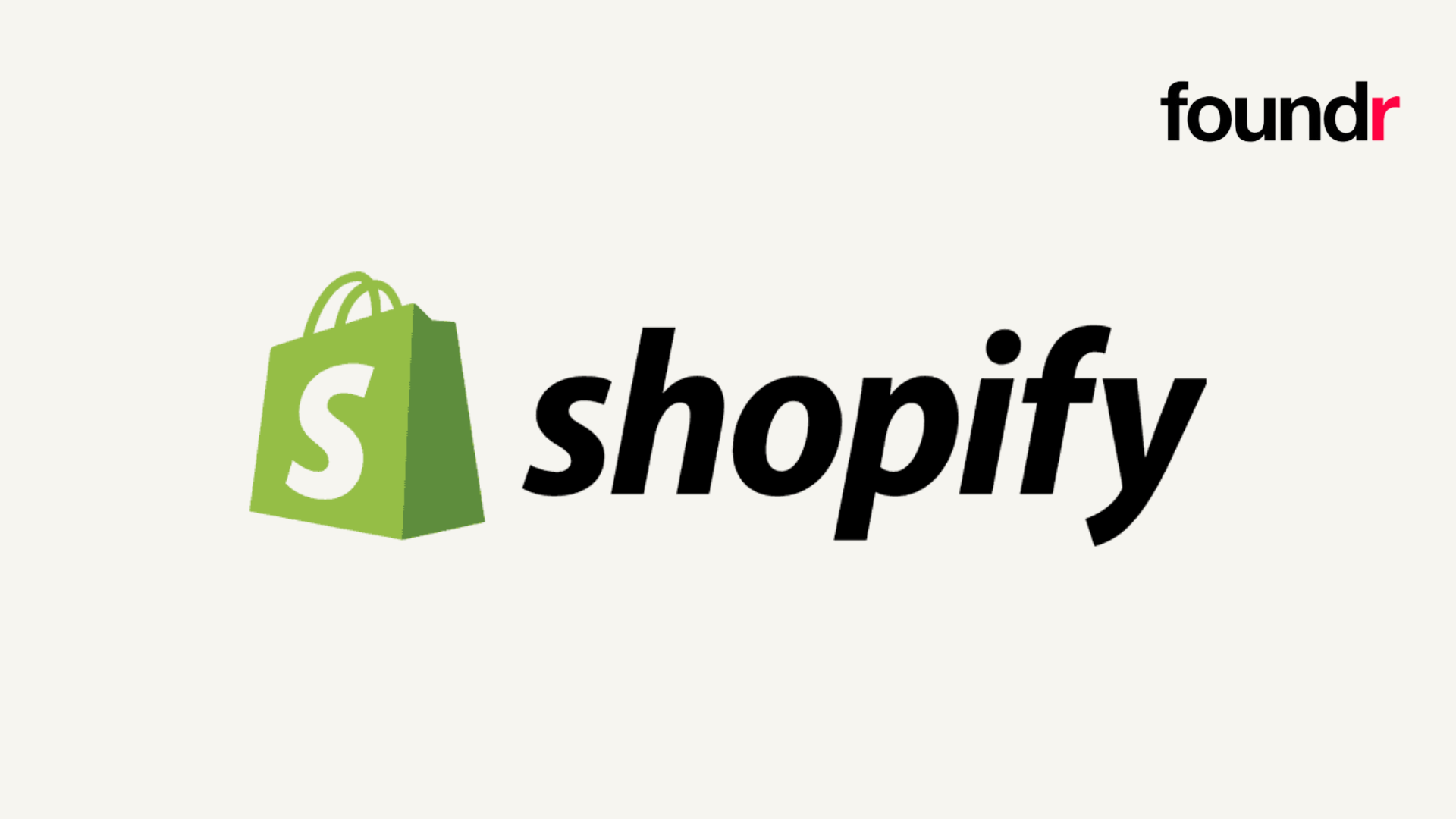
- Free trial? Yes
- Basic price: $29 a month
- Best for: Growth-minded business owners
While Wix is one of the most user-friendly platforms on the market, Shopify is among the most dominant. Hundreds of thousands of business owners from around the globe use this ecommerce platform to manage their transactions and grow their revenue.
Shopify provides various templates and themes for building your website, so you don’t need to hire a designer to create your online store. The interface is easy enough to navigate, but it’s a little disappointing that Shopify has substantially fewer template options than Wix. Of course, that disparity of numbers is irrelevant if you happen to love one of Shopify’s templates. Just make sure to peruse the selection and confirm that before deciding to go with this platform.
The ability to customize your online store is what makes Shopify one of the best ecommerce platforms for small businesses. Access the app store and you’ll find a vast array of ways to enhance your website and leverage additional features. Be aware that all these apps include an additional fee, so you’ll need to be judicious about what you purchase. This is an important note because many of us have become accustomed to free apps and the shopping spree mentality that comes with them.
If you’re new to the ecommerce game, Shopify removes some of the pressure by providing a startup checklist. Not only will this checklist walk you through the steps to creating your online store, but it’ll also tip you off to specific apps that could enhance your efforts.
WooCommerce
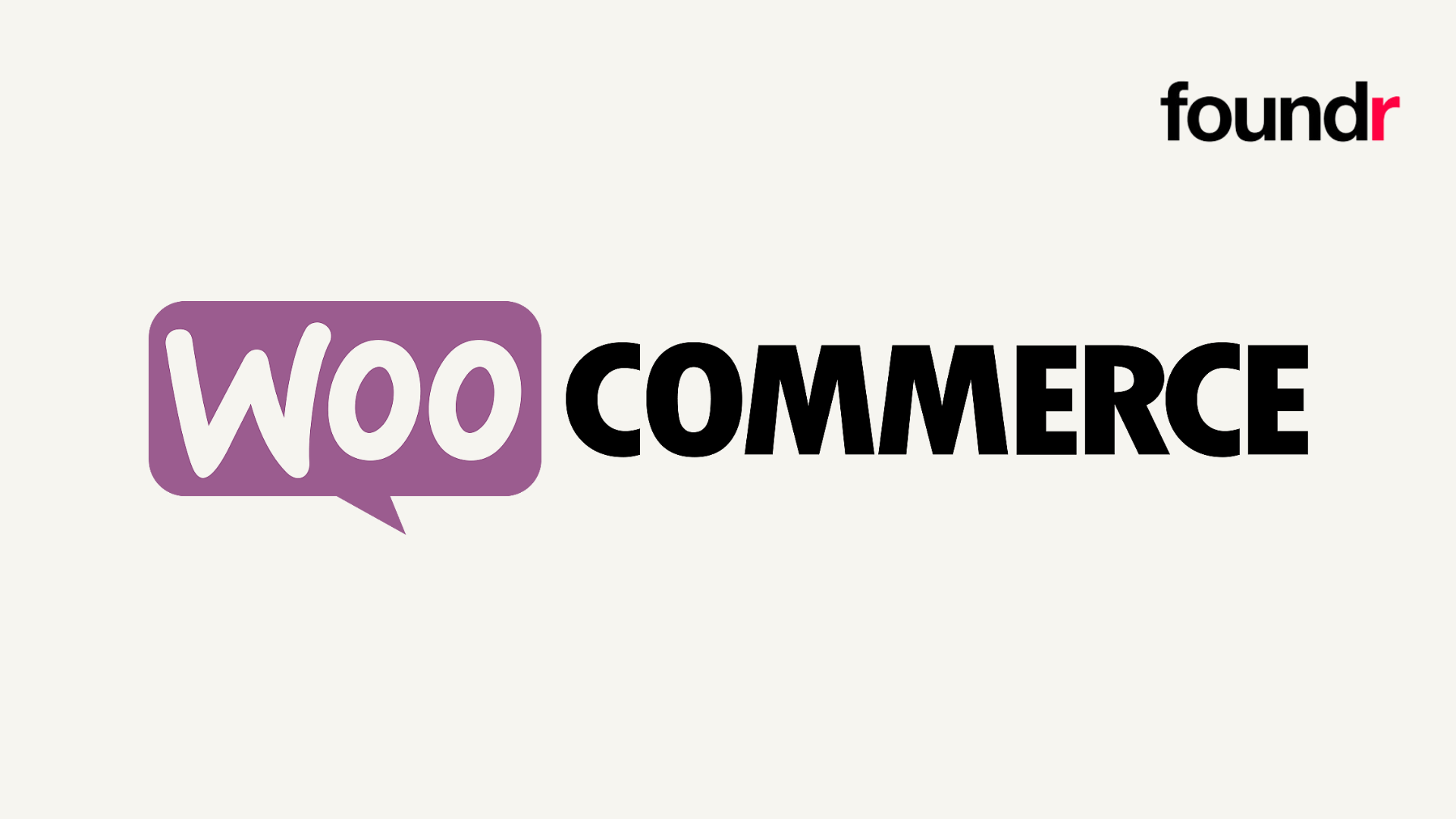
- Free trial? Yes
- Basic price: Free
- Best for: Experienced business owners who don’t need assistance
Let’s first address the elephant in the room: WooCommerce is not an ecommerce platform. Then what’s it doing on this list? It’s a WordPress plugin that costs nothing to download and converts any WordPress website into an online store once installed.
Given this hyper-efficient functionality, it’s no wonder that more than a million businesses use WooCommerce for their ecommerce operations. The benefits are particularly great for those who currently use a WordPress site, as they won’t be required to migrate all that content to a new platform such as Wix or Shopify.
Another key benefit of WooCommerce is that it’s optimized for mobile use. Remember, modern consumers are just as glued to their mobile phones as teens at the dinner table.. So the ability to deliver a smooth shopping experience is critical to your success.
When it comes to customization, the sky is the limit with WooCommerce. The app store features tens of thousands of apps and extensions, making it one of the most robust collections available. Be aware that although it is 100% free to download WooCommerce, each of the apps and extensions requires a purchase. And it’s not hard for the costs to really begin adding up if you’re not careful.
If you lack coding skills and don’t want to deal with a sophisticated process, steer clear of WooCommerce. There is only limited access to customer support, meaning you must be confident and capable to have a good experience with this product. But if you know your way around an algorithm, WooCommerce provides an incredible array of options for creating your dream ecommerce platform.
Squarespace
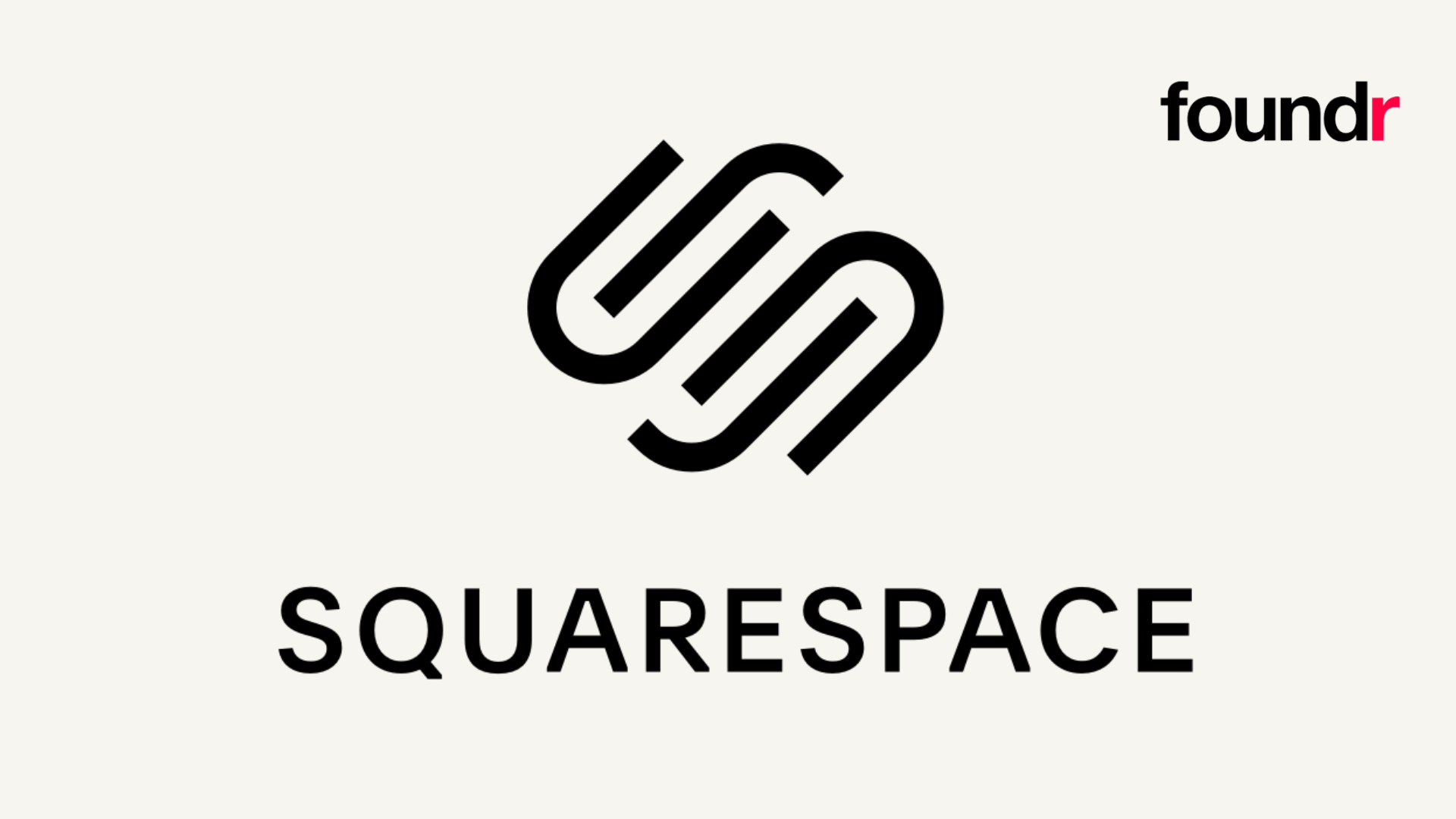
- Free trial? Yes
- Basic price: $26 a month
- Best for: Beginners who want sophisticated design options
Some of the most popular websites in the world are also the most basic (and dare we say, ugly). Exhibit A for this argument is drudgereport.com and Exhibit B is craigslist.org. They’re both primitive in design, yet log billions of page views each month.
But you aren’t trying to peddle classified ads or spread political dirt—you’re out to build a legacy. And for business owners who are passionate about branding and design, Squarespace provides some of the best options for creating a mobile-friendly site that truly gets noticed.
Like Wix, Squarespace is a building block-style builder that is easy to use. No coding skills are required to get your online store created in a matter of hours. And because Squarespace provides a fairly robust collection of integrated features, you won’t need to go shopping for outside apps and extensions. What you’re paying for with your monthly plan is comprehensive, as you won’t need to make additional purchases to bolster your online store.
Advanced coders are often frustrated that Squarespace is incompatible with third-party apps and extensions. And while the integrated tools are more than enough for many business owners, they won’t meet the needs of more experienced and tactical entrepreneurs.
If you happen to run into issues with Squarespace, you can take comfort in knowing that the customer service is solid. And the user forum provides an additional way to obtain answers and seek new insights.
Big Cartel
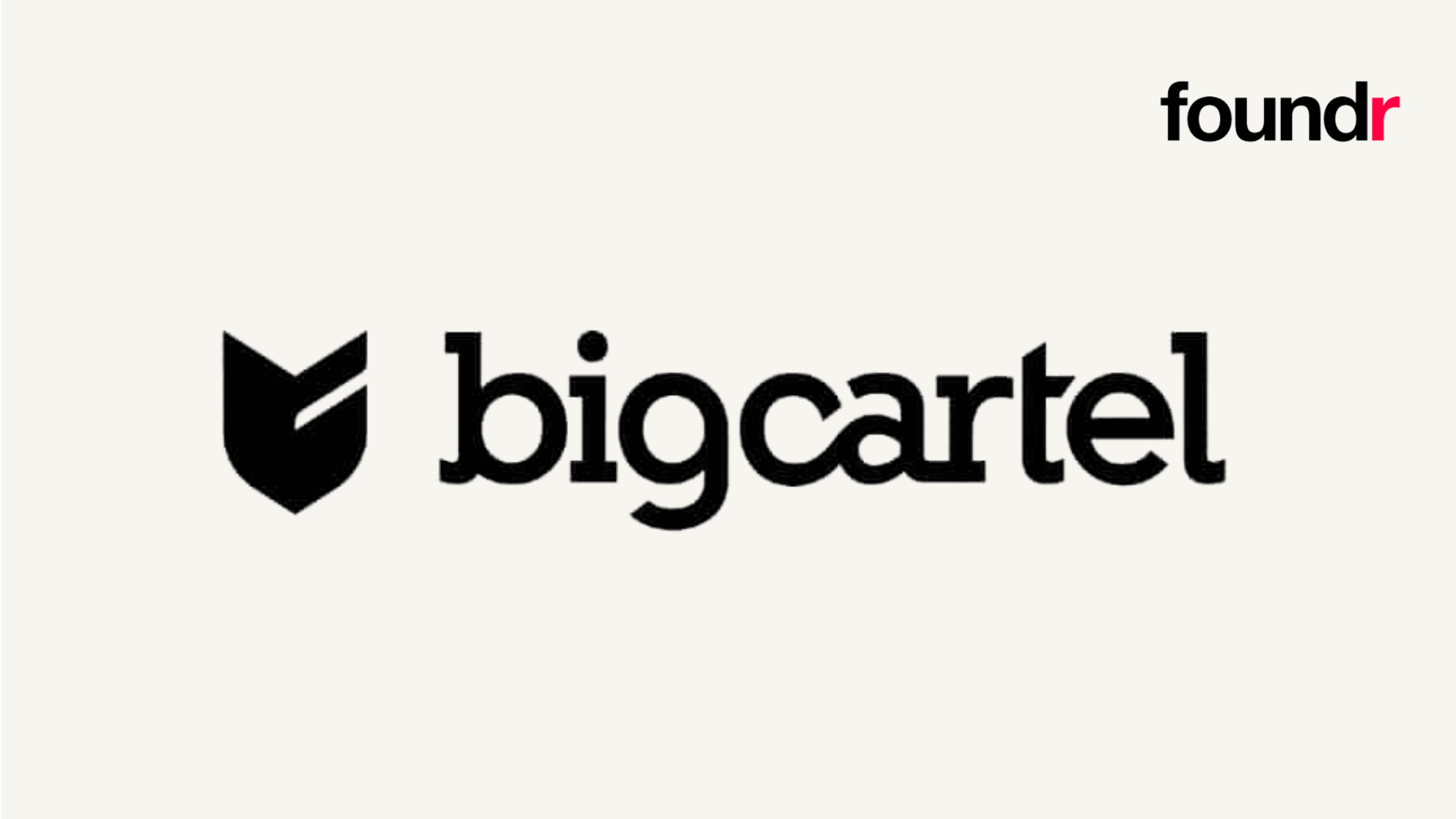
- Free trial? Yes
- Basic price: Free
- Best for: Artists and creators who want a basic platform
This is one of the most niche ecommerce platforms available on the market. But that doesn’t mean that Big Cartel is limited in performance, as it’s also one of the best ecommerce platforms for small businesses.
Big Cartel is geared toward artists who want a user-friendly platform to monetize their talents. If you have four or fewer products for sale, there’s actually no charge to use it. Even if you have a broader selection of products in your store, the prices are still favorable compared to the other platforms listed in this guide.
As you might have guessed based on the affordability of Big Cartel, it is not a robust platform. You get a basic system that handles its core functions admirably enoug,h but would never dare to dream of features such as advanced data tracking or sophisticated design capabilities. And the customer support is merely serviceable.
There’s a bit of a contradiction with Big Cartel, as it’s created for artists but allows for the least amount of artistic expression when it comes to design. Again, this is a lean and mean platform. There are no bells, no whistles, so the themes and designs are limited. If you launch an online store here, you need to accept up front that it won’t look nearly as sleek as a site created on Squarespace or Shift4Shop.
Given the low investment needed to sell on Big Cartel, it’s an ideal way to test products and strategies. You can use it as a digital sandbox, experimenting with various ideas as you prepare to graduate to a more robust platform.
Shift4Shop
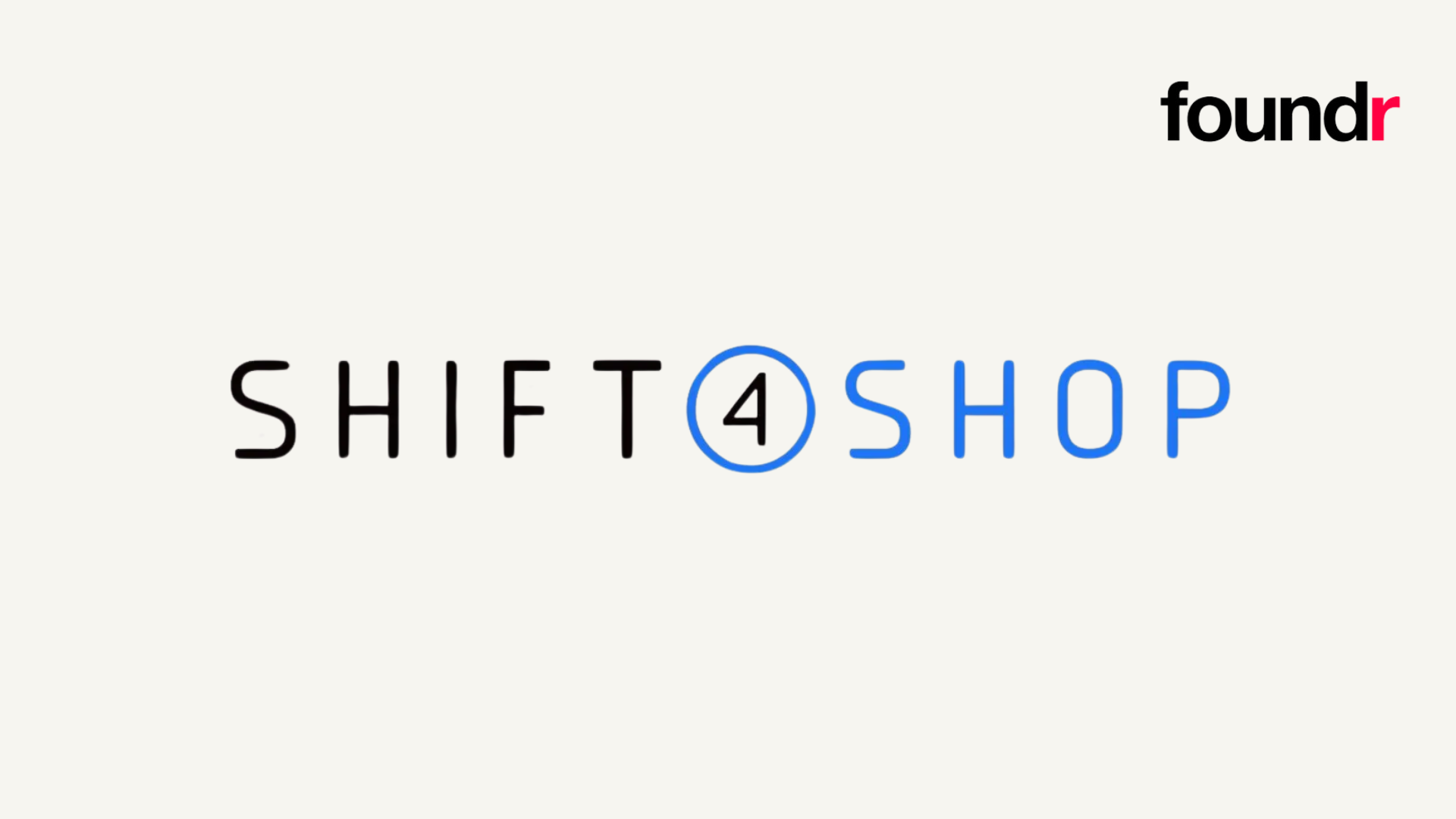
- Free trial? Yes
- Basic price: $19 a month
- Best for: Entrepreneurs who need scalability
The final entry on our list couldn’t be more different from Big Cartel. The platform known as Shift4Shop is big, powerful, and loaded with upgrades. It’s ideal for entrepreneurs who prioritize customization and advanced functions.
Another benefit of this platform is how easy it is to change the design of your store. Unlike Wix, which locks your site template once you’ve published, Shift4Shop allows you to tinker and adjust whenever you like. This flexibility is amazing for entrepreneurs who have an eye for design and carefully nurture their brand.
Of course, it’s possible to have too much of a good thing. When new entrepreneurs work in the Shift4Shop platform, they’re often overwhelmed by the sheer number of options. So you should only consider Ship4Shop if you’re up to the challenge of mastering a less user-friendly interface and have a clear idea of how you want to put your online store together.
There’s another reason that beginners should steer clear of Shift4Shop—the customer support is underwhelming. This isn’t a major concern for more experienced individuals who can navigate the platform on their own. But if you think you’ll need a fair amount of assistance through the process, Ship4Shop probably won’t be able to deliver it.
Ready to Build Your Dream Online Store?
Choosing the right ecommerce platform is just the beginning. To truly grow your business in 2025, you need to master not just your tech stack, but your marketing, sales, and customer experience too.
For just $1, you can unlock Foundr+, giving you access to 30+ expert-led courses and 1,000+ lessons covering everything from choosing the right ecommerce tools to scaling your online brand with confidence.
Learn how to:
-
Drive traffic and boost conversions
-
Build customer loyalty
-
Streamline your operations
-
Grow a business that runs smarter, not harder
Thousands of entrepreneurs are already elevating their ecommerce businesses with Foundr+. You can be next.







